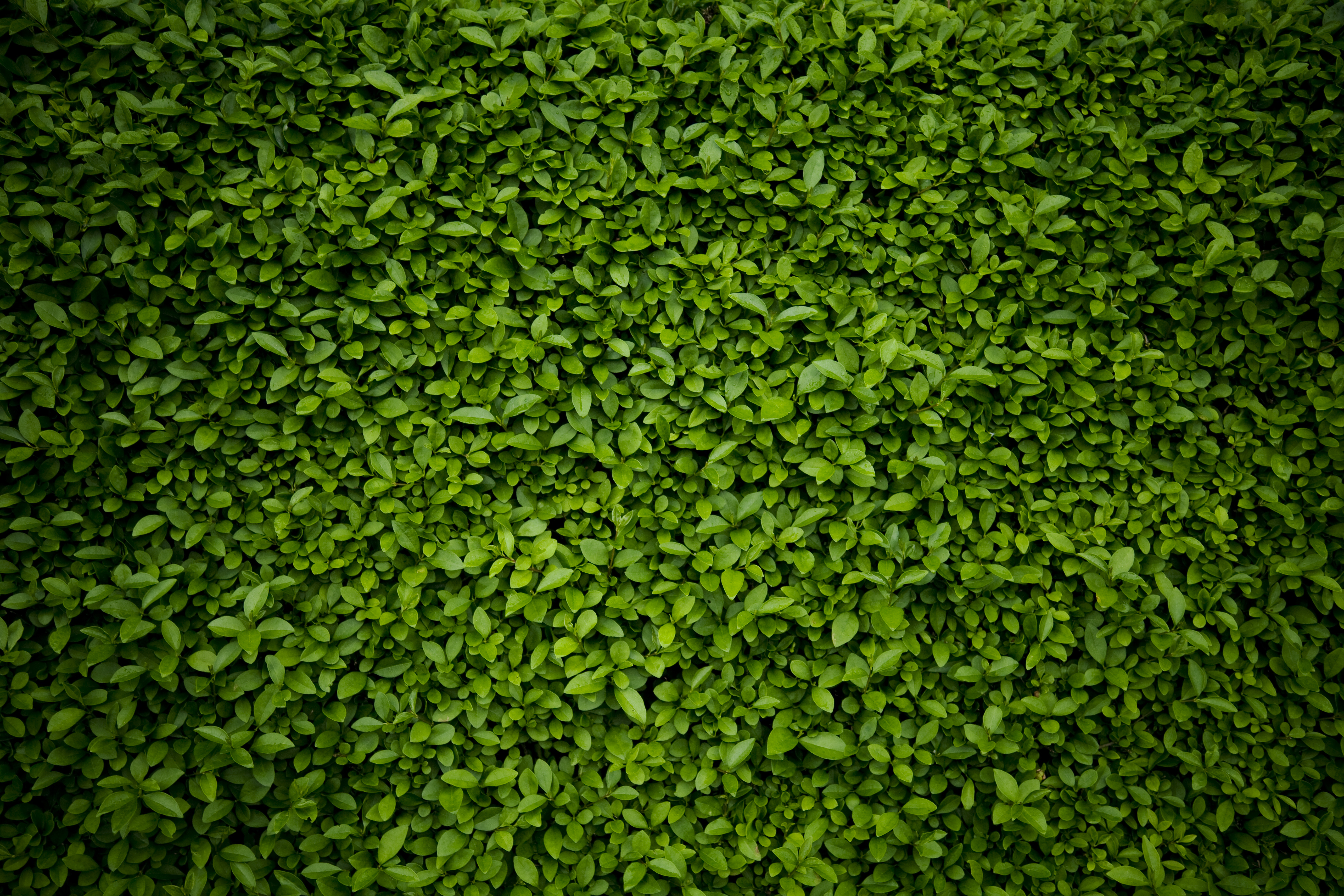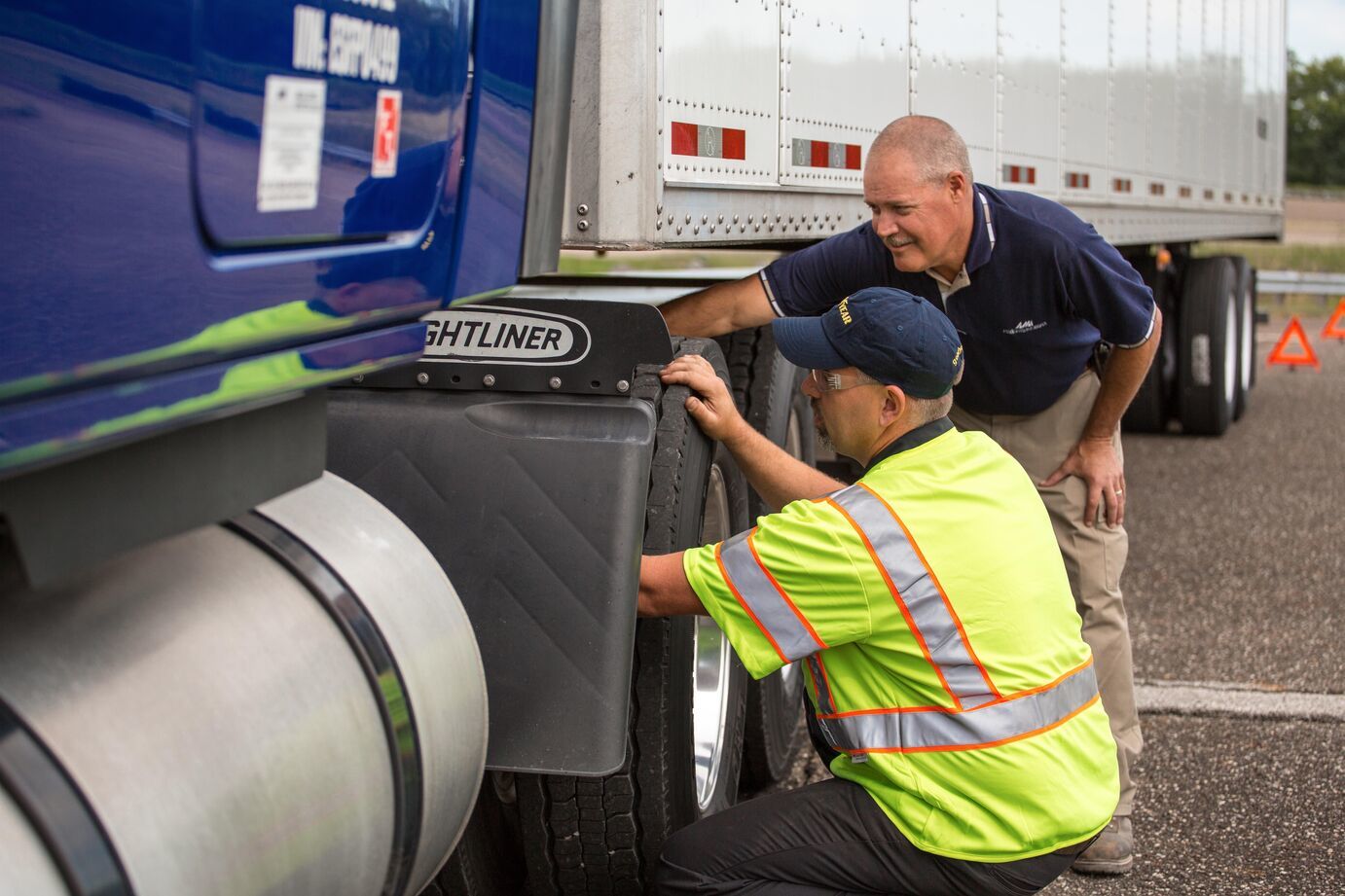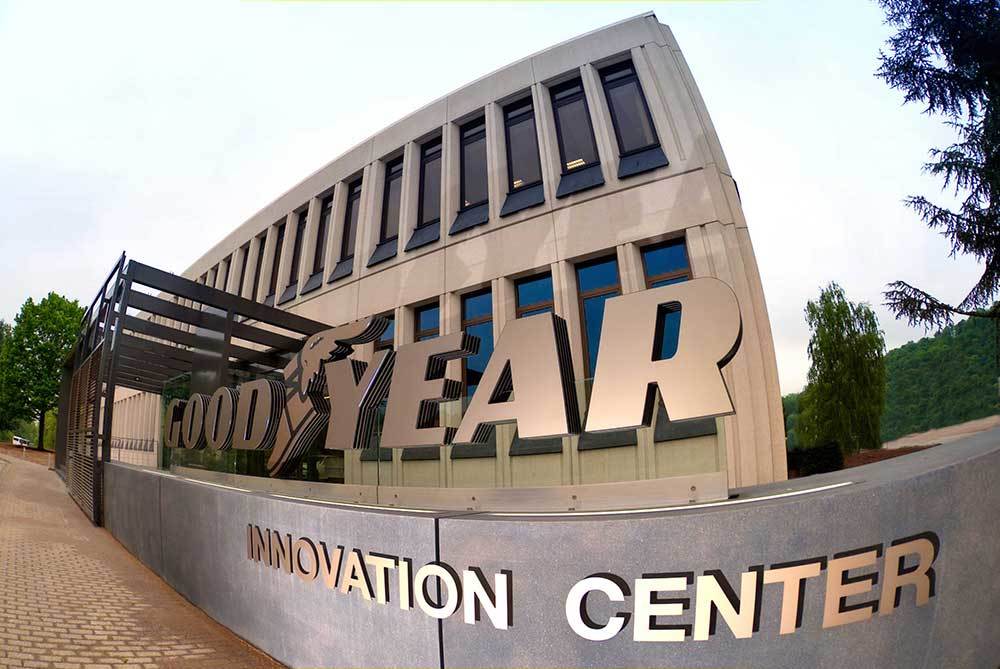- can be identified using a microchip built into the tire.
- programmed with a unique code for automatic type / size reads and a unique identity number
- greater uniformity of the tread in contact with the ground
- provides uniform wear with longer tire life
- higher mileage.
- maximizes the potential for retreadability
- high pulling power for regional services with uniform wear
- high mileage of the original tread tire
- developed specifically for road conditions in Latin America.
- more uniform wear.
- higher tread mileage of the original tire

This development could help consumers and the environment by reducing the amount of petroleum-based oil used in tires and, at the same time, extending the life of the tread. The company found that rubber compounds made with soybean oil mix more easily with the silica used in making tires. This can improve plant efficiency and reduce energy consumption and greenhouse gas emissions.
The company tested silica derived from rice husk ash over the past two years at its Innovation Center and found that its impact on tire performance is equal to traditional sources.

> understand and understand your most important needs.
> uses the latest technologies to offer the best solutions and comprehensive support to enhance your experience on the go
> becomes an ally that accompanies and supports fleets.
- experience fewer setbacks
- helps them at all times.








